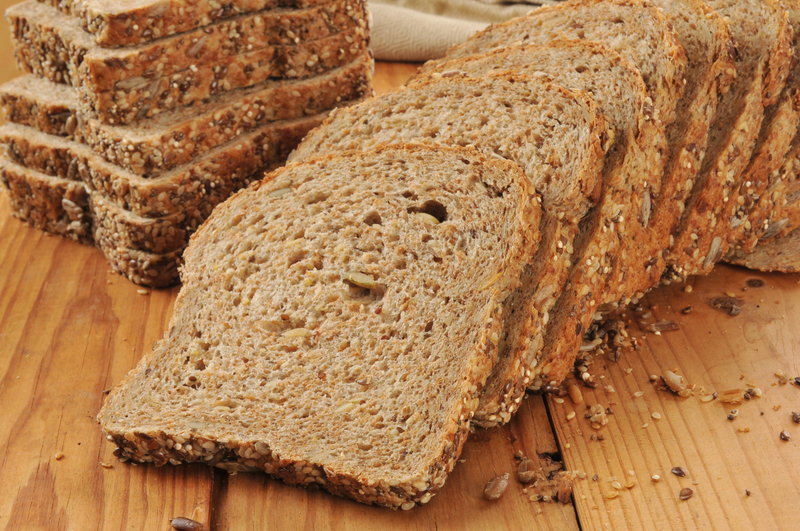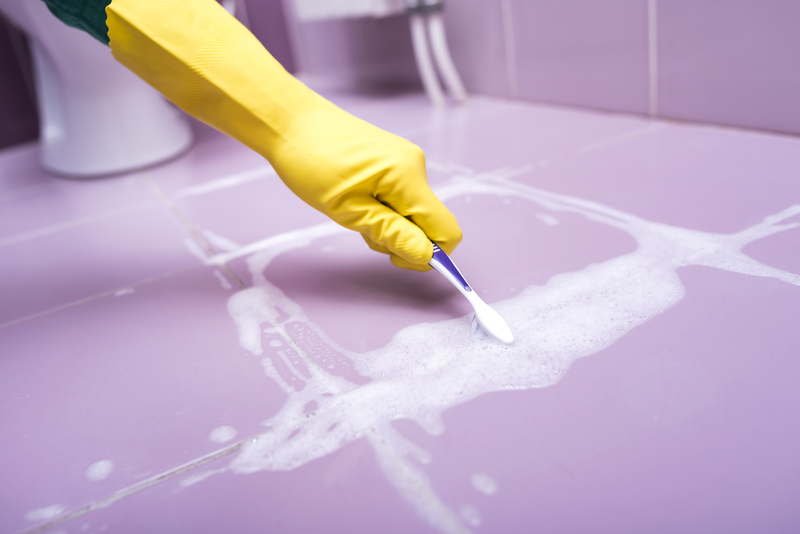A Step-by-Step Guide to Eliminating Hard Water Stains on Surfaces
Posted on 24/07/2024

Hard water stains are a nuisance that can make your beautiful surfaces look unsightly. These stubborn mineral deposits, caused by the high concentration of calcium and magnesium in water, can be a pain to clean and remove. But fear not, there are effective ways to eliminate hard water stains and restore the shine of your surfaces. In this step-by-step guide, we will walk you through the process of removing hard water stains from different types of surfaces.
Step 1: Identify the Affected Surfaces
The first step in getting rid of hard water stains is to identify the affected surfaces. Hard water can leave white spots and haze on various materials such as glass, tile, stainless steel, and chrome. Look for these telltale signs on your shower doors, faucets, sinks, and any other surface where water is frequently used.
Step 2: Gather Your Cleaning Supplies
Next, gather the necessary cleaning supplies. For general cleaning, you will need a mild detergent or soap, warm water, a sponge or cloth, and a non-abrasive scrub brush. For tougher hard water stains, you may also need vinegar or lemon juice for their acidic properties that help dissolve mineral deposits.
Step 3: Clean with Soap and Water
Start by mixing warm water with a mild detergent or soap in a bucket. Dip your sponge or cloth into the soapy solution and gently scrub the affected surface. Avoid using abrasive cleaners or tools as they can damage certain materials like glass or chrome. Rinse the surface with clean water and wipe dry with a clean cloth.
Step 4: Use Vinegar or Lemon Juice
If the hard water stains are particularly stubborn, mix equal parts of vinegar (or lemon juice) and warm water in a spray bottle. Spray the solution onto the affected area and let it sit for 5-10 minutes to allow the acid to break down the mineral deposits. Then, use a non-abrasive scrub brush to gently scrub the surface. Rinse with clean water and dry with a cloth.
Step 5: Scrub with Baking Soda
For tougher hard water stains, make a paste of baking soda and water. Apply the paste onto the stained area and let it sit for 10-15 minutes. Then, use a non-abrasive scrub brush to gently buff away the stains. Rinse with water and dry with a cloth.
Step 6: Prevent Future Stains
To prevent future hard water stains, there are a few things you can do. One option is to install a water softener system in your home to reduce the mineral content in your tap water. Another option is to wipe down surfaces after using them to prevent the buildup of minerals. You can also try using a squeegee or towel to remove excess water from surfaces like shower doors and faucets.
Pros and Cons of Removing Hard Water Stains
Pros:
- Restores the shine and cleanliness of surfaces
- Makes surfaces easier to maintain and keep clean
- Saves money on replacing damaged materials
- Promotes better health by removing unsanitary mineral deposits
- Increase the longevity of appliances that come in contact with hard water
Cons:
- Can be time-consuming and require repeated cleaning if not properly maintained
- Some harsh chemicals used for cleaning may be harmful to the environment
- Using abrasive tools or cleaners may cause damage to certain materials
- Installing a water softener system can be costly
Tips for Removing Hard Water Stains
1. Use natural remedies such as vinegar or lemon juice before resorting to harsh chemical cleaners.
2. Always test any cleaner on a small, inconspicuous area first to ensure it does not damage the surface.
3. Regularly maintain surfaces by wiping them down after use, especially in areas with hard water.
4. Consider investing in a water softener if you live in an area with particularly hard water.
5. Use soft cloths or non-abrasive scrub brushes to avoid damaging surfaces.
Takeaways
Hard water stains can be a pain to remove, but with the right tools and techniques, you can eliminate them and prevent future buildup. Regular maintenance and using natural cleaners can also make the process easier and more environmentally friendly. Remember to always check for compatibility before using any cleaning products and seek professional help if needed.
In conclusion, by following this step-by-step guide, you can effectively remove hard water stains from various surfaces in your home. Whether it is through regular cleaning or investing in a water softener system, taking care of your surfaces can save you time, money, and promote a healthier living environment. Keep these tips in mind and say goodbye to those unsightly hard water stains!

Latest Posts
Learn how to effectively remove damp smells
Easy Solutions for Dog Hair! 10 Tips to Keep Your Carpets Spotless
Revamp Your Window Cleaning Game with Pro Tips
Detailed Car Cleaning: Learn from the Experts
The Effortless Path to Clean Enamel Oven Trays: No More Grease





